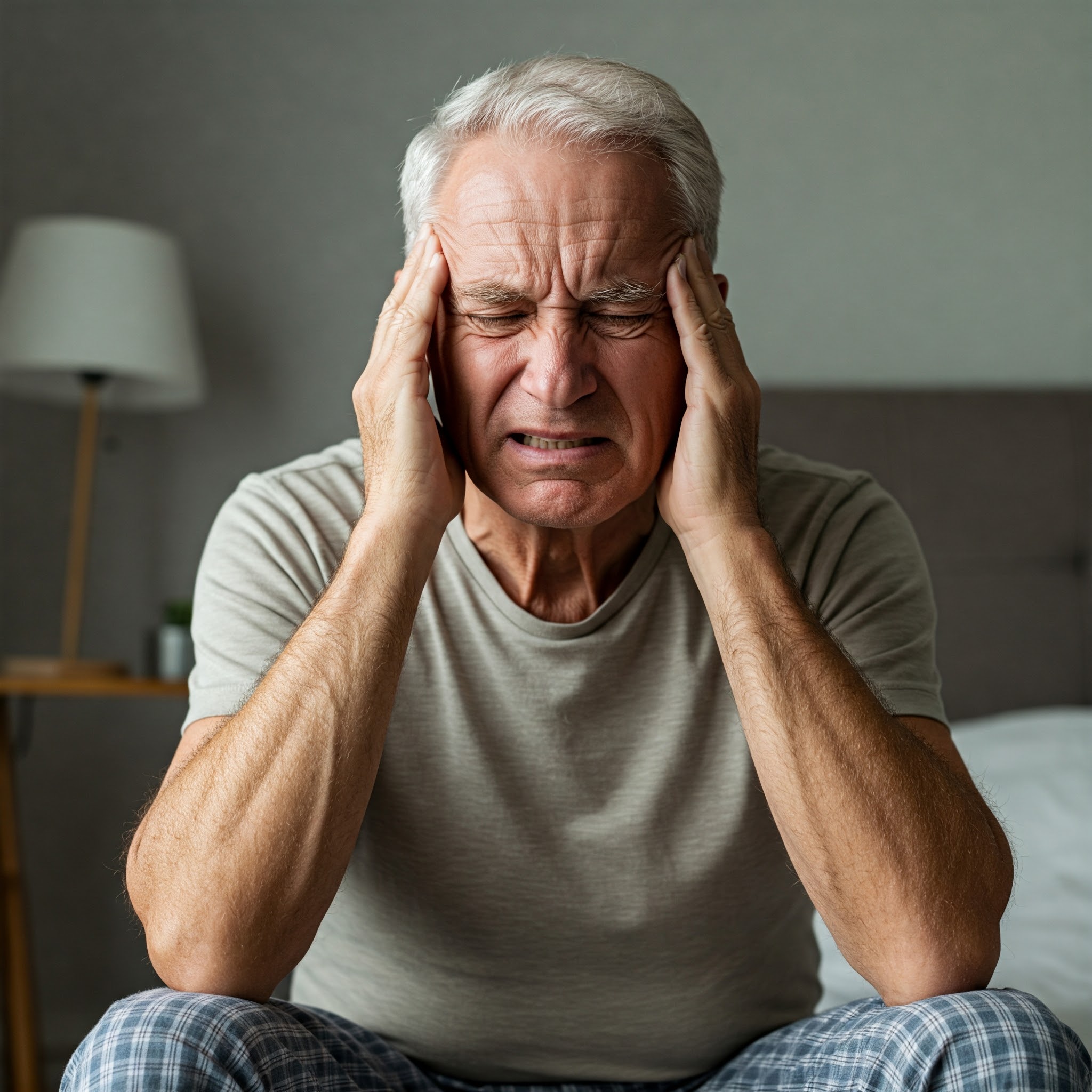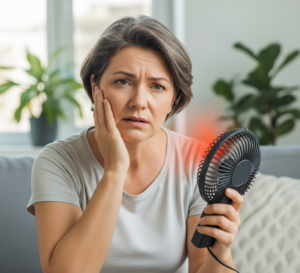Stroke (Cerebrovascular Accident): Symptoms, Causes, and Treatment
A stroke, or cerebrovascular accident (CVA), occurs when blood flow to part of the brain is interrupted, either due to a blockage (ischemic stroke) or bleeding (hemorrhagic stroke). This can lead to brain cell death and permanent damage if not treated quickly.
Main Symptoms of Stroke
- Sudden weakness or numbness on one side of the body (face, arm, or leg).
- Difficulty speaking or understanding speech.
- Loss of balance or coordination.
- Severe headache with no known cause (common in hemorrhagic stroke).
- Vision problems (blurred or lost vision in one or both eyes).
If you notice these signs, seek emergency medical help immediately—early treatment saves lives!
Types of Stroke
- Ischemic Stroke (Most Common – ~85% of cases): Caused by a blood clot blocking a brain artery.
- Hemorrhagic Stroke: Occurs when a blood vessel ruptures, causing bleeding in the brain.
- Transient Ischemic Attack (TIA or “Mini-Stroke”): A temporary blockage with stroke-like symptoms that resolve within 24 hours (but requires medical attention).
Main Causes & Risk Factors
- High blood pressure (leading cause).
- Heart disease (e.g., atrial fibrillation).
- Diabetes (increases artery damage risk).
- High cholesterol (contributes to clots).
- Smoking, obesity, and sedentary lifestyle.
- Age (higher risk after 55) and family history.
Diagnosis & Treatment
- Immediate tests: CT scan or MRI to determine stroke type.
- Ischemic stroke treatment: Clot-busting drugs (like alteplase) or mechanical thrombectomy.
- Hemorrhagic stroke treatment: Surgery to stop bleeding and relieve pressure.
- Rehabilitation: Physical therapy, speech therapy, and lifestyle changes to prevent recurrence.
How to Prevent a Stroke
- Control blood pressure, diabetes, and cholesterol.
- Exercise regularly and maintain a healthy diet (low salt, saturated fats).
- Avoid smoking and excessive alcohol.
- Treat underlying heart conditions.
When to See a Doctor
Seek emergency care if stroke symptoms appear—time is critical! Early intervention reduces brain damage and improves recovery chances.
Note: For exact medical advice, always consult a healthcare professional.













